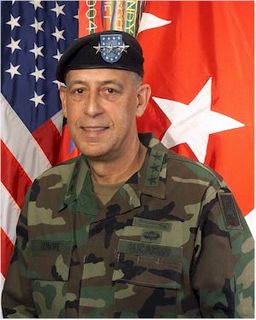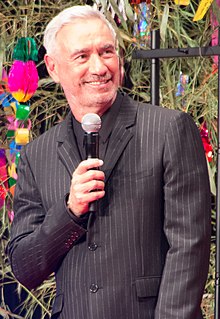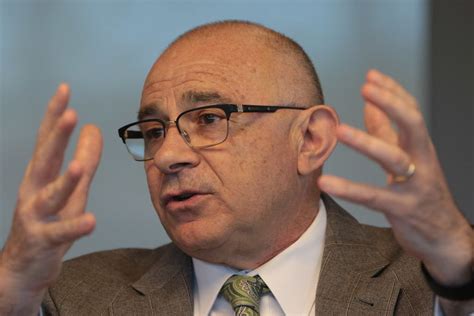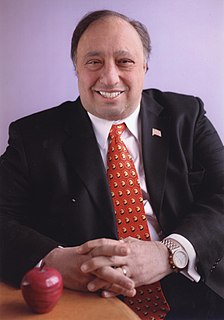A Quote by Maya Wiley
When Superstorm Sandy churned up fourteen-foot walls of water that slammed New York's coastal communities in October 2012, they also washed away any false notions we had that we care sufficiently for poor people.
Related Quotes
I grew up partially in L.A. and partially in New York. In L.A., anything goes because it's really temperate. There aren't any fashion rules dictated by weather, whereas in New York, of course, there are. New York is seasonal, and also it's a fashion mecca, so people are a little more aware of how they put things together.
That one [in "2012"] was different because it was all CG, getting washed away by water. In "Independence Day," everything was still done in models, built in a certain scale out of plaster, and packing tons and tons of little explosives and charges in there. We had a second one in case it didn't work the first time, but it worked the first time.
As soon as I moved to New York, I experienced Hurricane Irene and then Hurricane Sandy hit me in quite a big way. I had 12 days without any electricity or any water. The thing that I realized the most from it was that we've become so dependent on technology. There's so much accessibility to information that suddenly when everything is cut off, you're completely lost, and you start asking deeper and more profound questions - how short life is, and how grateful we should be for things.
When I talk about the city, I talk about a city that elevates people, which is the strength of New York. We always had the ability to do that. We had the services to do that: good schools, living-wage jobs. We're moving away from that toward a two-tiered system: a small group of very wealthy people and the rest of the city, poor and working poor.
A lot of the reason I left New York, in addition to being so broke, was that I just felt I was becoming provincial in that way that only New Yorkers are. My points of reference were really insular. They were insular in that fantastic New York way, but they didn't go much beyond that. I didn't have any sense of class and geography, because the economy of New York is so specific. So I definitely had access and exposure to a huge variety of people that I wouldn't have had if I'd stayed in New York - much more so in Nebraska even than in L.A.
I have talked to people across the country struggling in the face of an altered climate. New Jersey homeowners are trying to rebuild after Superstorm Sandy. Miami government officials are trying to plan for rising seas and flooded streets. California farmers are trying to make it through the state's worst drought on record.

































